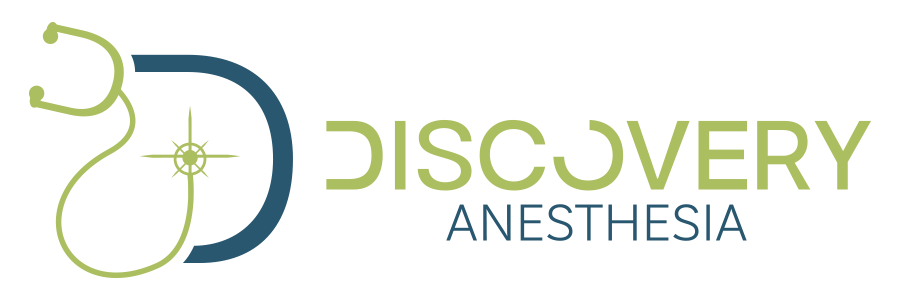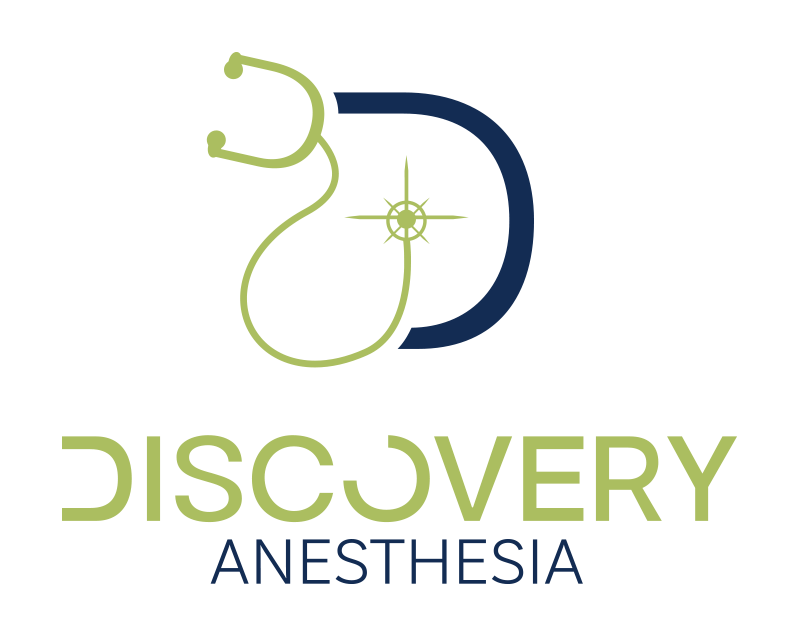As healthcare continues to evolve rapidly, Certified Registered Nurse Anesthetists (CRNAs) find themselves at a fascinating crossroads of opportunity and responsibility. With over 150 years of providing safe anesthesia care in the United States, CRNAs are now experiencing unprecedented expansion in their scope of practice and professional recognition. At Discovery Anesthesia, we’re passionate about supporting the growth of our profession through education that reflects these exciting changes.
The Shifting Landscape of CRNA Practice
The COVID-19 pandemic catalyzed significant changes in healthcare delivery models, including the role of CRNAs. When many states temporarily suspended supervision requirements to meet overwhelming patient needs, CRNAs demonstrated their ability to practice safely and effectively without physician oversight. Many temporary measures have since become permanent policy changes across numerous states.
According to recent AANA data, CRNAs practice with full scope authority in 24 states plus the District of Columbia. This trend shows no signs of slowing, with additional states introducing legislation to remove restrictive supervision requirements yearly.
Economic Impact and Rural Healthcare Access
One of the most compelling arguments for expanded CRNA practice authority comes from the economic and accessibility benefits. Studies consistently show that CRNAs can provide the same level of care as anesthesiologists at a lower cost, with one Medicare study demonstrating that CRNA-only care can be 25% more cost-effective.
Rural communities particularly benefit from independent CRNA practice. CRNAs are the sole anesthesia providers in many underserved areas, ensuring these communities maintain access to essential surgical and obstetric services that would otherwise require patients to travel prohibitive distances.
As Jennifer Parker, CRNA, MA, and Discovery Anesthesia co-founder, notes, “We’re seeing a renaissance in CRNA practice, particularly in rural settings where our colleagues are building comprehensive anesthesia services that serve communities that had previously struggled with healthcare access.”
Emerging Practice Areas
The scope of CRNA practice continues to expand beyond the traditional operating room setting. Today’s CRNAs are increasingly found in:
- Pain management clinics: Offering non-opioid approaches to chronic pain
- Ambulatory surgical centers: Leading anesthesia teams in fast-growing outpatient settings
- Office-based procedures: Providing services for dental surgery and cosmetic procedures
- Trauma and critical care: Leveraging airway expertise in emergency settings
- Leadership roles: Serving as executives and policy advisors in healthcare systems
“The versatility of our training allows CRNAs to adapt to virtually any healthcare environment,” explains Jeffrey Kirby, CRNA, MS, Discovery Anesthesia co-founder. “I’ve watched colleagues transition into specialized roles that simply didn’t exist for CRNAs a decade ago.”
Educational Evolution
As practice opportunities expand, so too must education. Today’s CRNA educational programs are increasingly incorporating:
- Advanced ultrasound-guided regional techniques
- Point-of-care ultrasound diagnostics
- Enhanced recovery protocols
- Business and leadership training
- Advocacy and policy education
At Discovery Anesthesia, we’ve designed our continuing education offerings to reflect these emerging practice areas. Our lecture series includes topics like “Running for Public Office as a CRNA” and “Anesthesia Billing for Practice Owners” alongside clinical content to prepare CRNAs for expanded professional roles.
Maintaining Balance Amid Professional Growth
While these expanding opportunities are exciting, they also present challenges for work-life balance. The pressure to continually develop new skills while managing clinical responsibilities can be significant.
“Finding time for continuing education shouldn’t come at the expense of your personal life,” says Matrina Whitley, CRNA, MA, Discovery Anesthesia co-founder. “We created our platform specifically because we understand the challenges of balancing professional development with family time and self-care.”
Looking Forward: The Future of CRNA Practice
As we look to the future, several trends appear likely to shape CRNA practice:
- Continued expansion of independent practice: More states moving toward full practice authority
- Technology integration: Greater use of AI-assisted monitoring and clinical decision support
- Specialized practice models: Growth in CRNA-led specialty practices and service lines
- Interprofessional leadership: Increased representation in hospital and health system leadership
- Global health involvement: Expanded roles in international and humanitarian settings
Embracing the Opportunities
For today’s CRNAs, staying informed and engaged is essential to capitalizing on these expanding opportunities. We encourage all anesthesia professionals to:
- Remain active in professional organizations
- Pursue continuing education in emerging practice areas
- Advocate for full practice authority in your state
- Mentor the next generation of CRNAs
- Share your expertise through teaching and publication
At Discovery Anesthesia, we’re committed to providing the educational resources CRNAs need to thrive in this evolving landscape while maintaining the work-life balance that makes for sustainable careers and healthy practitioners.
What emerging practice areas are you most excited about? Share your thoughts in the comments below or join the conversation on our social media channels.
Looking for CE credits that address these emerging practice areas? Explore our complete catalog of lectures designed by practicing CRNAs for the challenges of modern anesthesia practice.


